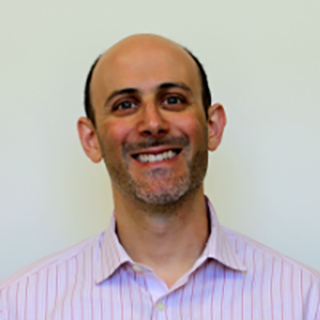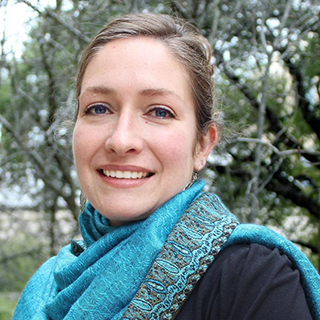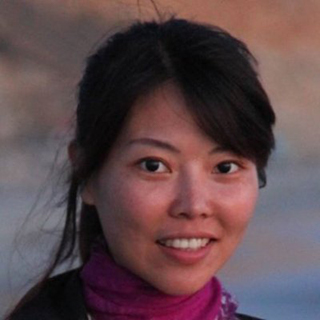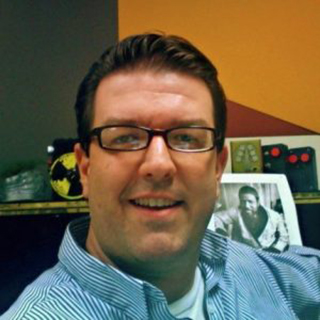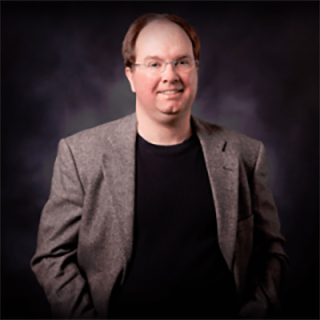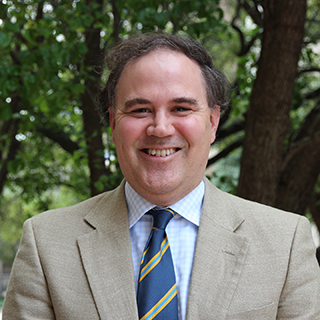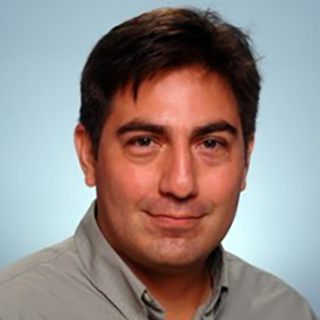Class of 2017
2017 Playlist
Video playlist containing all the shorts from the 2017 Fellows.
Ira Dworkin
Associate Professor
Department of English
College of Liberal Arts
Ira Dworkin specializes in African American and African Diaspora literature, American literature and culture, race and ethnicity studies, and transnational literatures. Dworkin’s current research is focused on two autobiographies that Nicholas Said published in 1867 and 1873 and considers the place of Africa, including Islamic religious traditions, in early African American narrative by examining oral accounts within African American communities, northern literary venues like the Atlantic Monthly, and publishing in the Reconstruction-era South (where Said sold a book-length autobiography).
Angela Hudson
Associate Department Head
Department of History
College of Liberal Arts
Angela Hudson specializes in American Indian history, the nineteenth century US South, the representation of American Indians in popular culture, and the intersection of American Indian and African American lives. Her current research focuses on nineteenth century female medical practitioners who worked as Indian doctresses and the women who sought their care.
Jun Lei
Assistant Professor
Department of International Studies
College of Liberal Arts
Jun Lei’s research focuses on the history of sexuality and gender issues represented in twentieth-century Chinese literature, film, and visual media. She is currently developing a monograph—Cosmopolitan Masculinity in China, 1880s-1930s—which will systematically examine what is at stake in the paradigm shift of masculinity when China was “besieged” by more advanced powers and transitioned from a dynastic system to a modern nation state. The purpose is three-fold: First, the book will address the imbalance of scholarly attention to femininity and masculinity in China studies, where gender has almost become synonymous with woman; second, it will address the paucity in scholarly treatments of Chinese men keenly felt in studies of the world gender order, and re-conceptualize R.W. Connell’s influential theory on hegemonic masculinity; last, the book will rethink the influential hybridity model proposed by Homi Bhabha in researching formation of subjectivity in semi-colonial settings.
Jeffery Morris
Professor
Department of Performance Studies
College of Liberal Arts
Jeffrey Morris creates experiences that engage audiences’ minds with their surroundings. His performances, installations, lectures, and writings appear in international venues known for cutting-edge arts and deep questions in the arts. He has won awards for making art emerge from unusual things: music tailored to architecture and cityscapes, performance art for the radio, serious concert music for toy piano and Sudoku, and electronic voice phenomena.
Martin Regan
Department Head
Department of Performance Studies
College of Liberal Arts
Martin Regan has composed more than seventy-five works for traditional Japanese instruments and since 2002 has been affiliated with AURA-J—one of Japan’s premiere performance ensembles of contemporary-traditional Japanese music. Widely regarded as the authoritative source on the subject and the only resource of its kind available in English, his translation of Minoru Miki’s orchestration-instrumentation manual Composing for Japanese Instruments was published by the University of Rochester Press in 2008.
Adam Seipp
Professor
Department of History
College of Liberal Arts
Adam Seipp’s research focuses on war and social change in modern Germany, particularly the period since 1945. He is currently working on a social history of the American military presence in the Federal Republic of Germany from 1945-95 and also examining the role of testimony in shaping narratives of concentration camp liberation in the United States and Germany.
Diego von Vacano
Professor
Department of Political Science
College of Liberal Arts
Diego von Vacano’s research interests are political theory, political philosophy, the history of political thought, comparative political theory, and Hispanic/Latin American thought. His work focuses mainly on comparative political theory (modern Latin American and European political thought) and also on immigration ethics and race and ethnicity.

